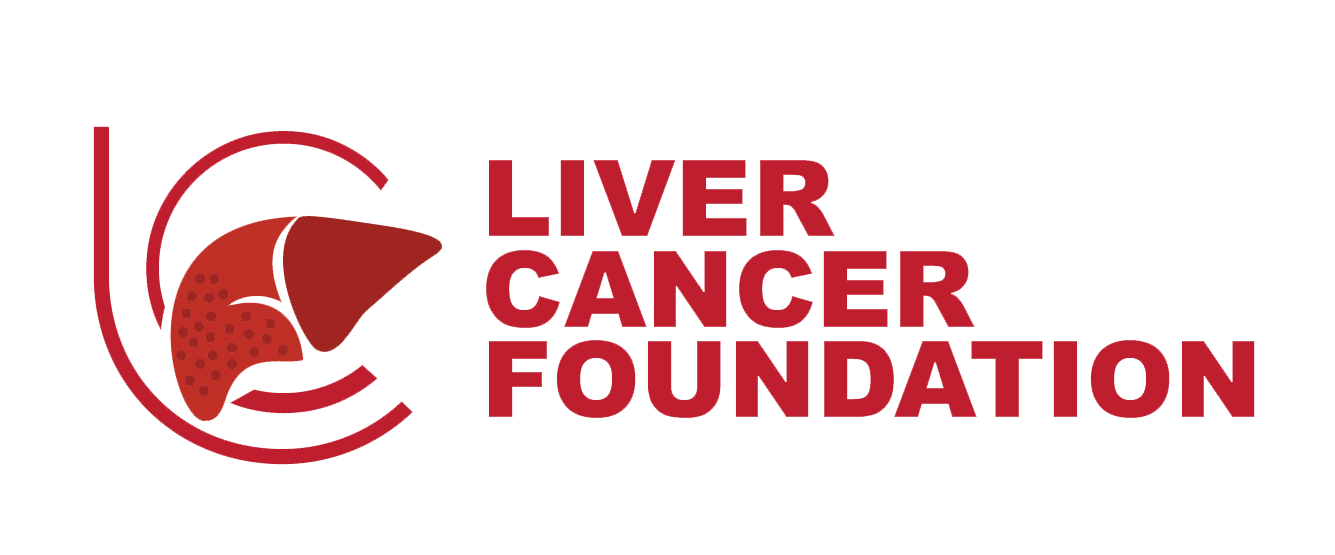Learning about liver cancer
Live without Liver Cancer in Ghana
01
What is
liver cancer?
Liver cancer is the growth and spread of unhealthy cells in the liver. Cancer that starts in the liver is called primary liver cancer (Hepatocellular carcinoma-HCC).
HCC is a primary liver cell cancer that follows chronic inflammation and cirrhosis, with a high prevalence in sub-Saharan due to the endemicity of chronic viral hepatitis B and C infection.
HCC is the 5th most common cancer in males and the second most common cause of cancer death in all males. In females, HCC is the 8th most common cancer and the 6th most common cause of cancer-related deaths in females.
Liver cancer occurs in people who have liver diseases,
- Hepatitis B – in Ghana, hepatitis B is a major risk factor for the development of liver cancer. About 13% of Ghanaians are infected with the hepatitis B virus. Hepatitis B can lead to liver cancer without cirrhosis.
- Hepatitis C – Long-term hepatitis C infections are linked to liver cancer because they often lead to cirrhosis.
- Alcoholic liver disease – Excessive alcohol intake can lead to cirrhosis of the liver, then progress to liver cancer.
- Fatty liver disease – Obesity and diabetes are closely associated with fatty liver (A type of liver abnormality called nonalcoholic fatty liver disease-NAFLD) that may increase the risk of liver cancer, especially in those who drink heavily or have viral hepatitis.
- Only rarely does cancer in the liver arise in an absolutely healthy liver.
- Genetic – Certain inherited metabolic diseases increases a person’s risk of liver cancer.
02
What causes
liver cancer?
HOW TO TEST FOR LIVER CANCER
- Consult your doctor if you have any of the risk factors mentioned above, so that you can be screened for liver cancer
- A blood test for alpha-feto-protein(AFP) level can signal the presence of liver cancer. AFP is a chemical secreted by liver cancer cells.
- An ultrasound scan of your liver can help detect the presence of a suspected liver cancer. Detailed imaging techniques such as CT scan or MRI can also be used to evaluate the presence of liver cancer.
.
- When liver cancer is seen and surgery is not chosen as the mode of treatment, a liver biopsy (a small piece of liver tissue is removed and studied in the laboratory) is performed to determine the suitability of other treatment modalities.
03
Symptoms of
liver cancer?
04
What are the treatment
options for liver cancer
Can I get treatment if I’m diagnosed with liver cancer
Yes. There are several treatment modalities available in Ghana for liver cancer. Your
doctor would advise the best treatment for you.
- RADIO FREQUENCY ABLATION (RFA) – This treatment is meant for tumors or cancers up to 3cms in size. A special probe is used to burn the cancer cells in the liver.
- SURGERY – part of the liver with cancer can be removed through a procedure called
hepatectomy or liver resection.
- LIVER TRANSPLANT – For some patients, a liver transplant (replacement of the liver) may be an option if cancer has not spread out of the liver. Liver tumors from 3 or 3.5cm in a diseased liver need to be replaced or transplanted because there is a high chance of cancer eventually coming back to the liver
- TRANSARTERIAL chemoembolisation (TACE) – this procedure is used in patients whose cancer cannot be treated by surgery. The blood supply to the tumor is blocked leading to the death of cancer cells.
05
Liver cancer
prevention
- Prevention is best achieved by treatment or modification of the risk factors.
- Get vaccination if you test negative for hepatitis B.
- For those who are hepatitis B positive, consult your doctor for advice on whether you need treatment or not.
- A regular check-up every 3-6months for persons with risk factors or those with a family history of liver cancer is advised.
